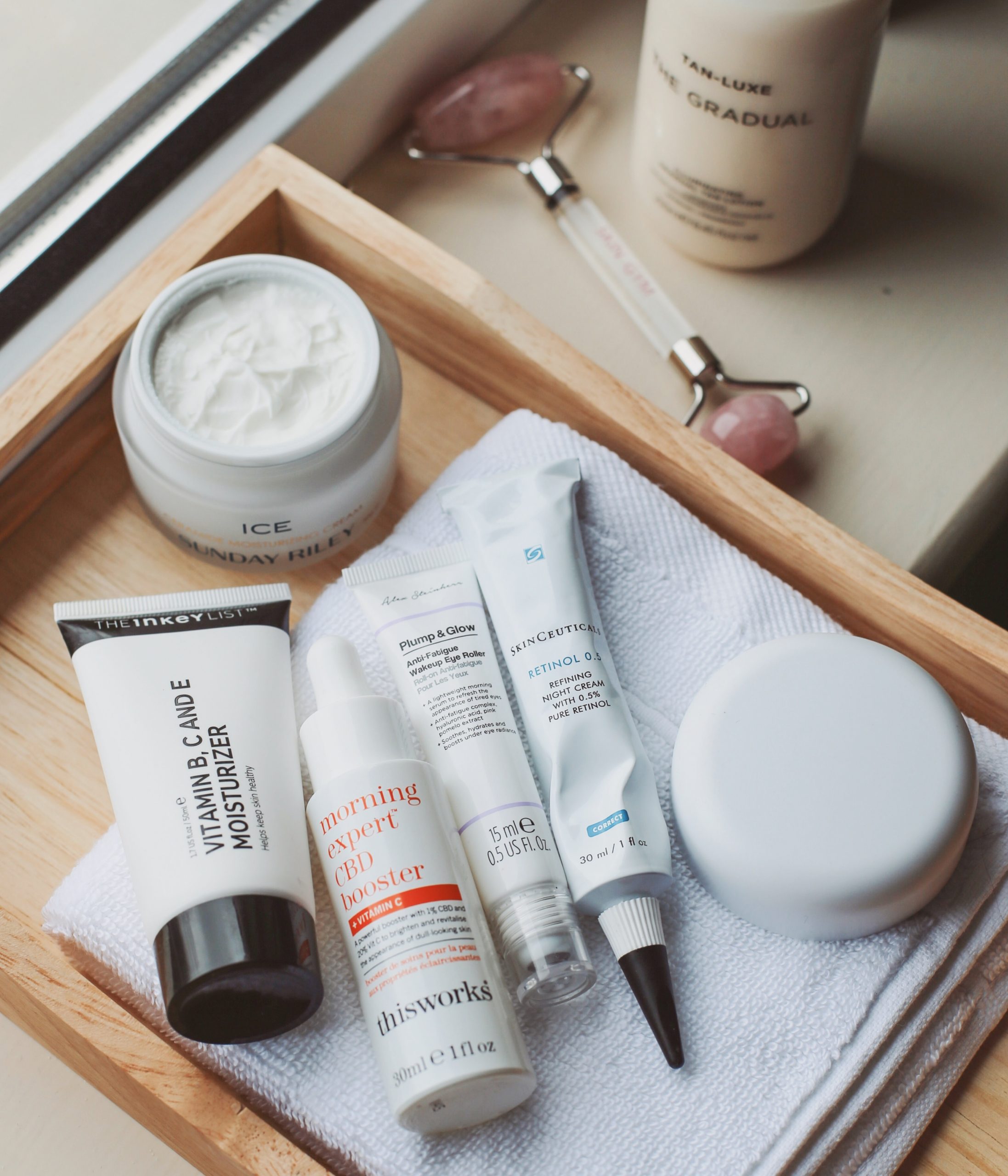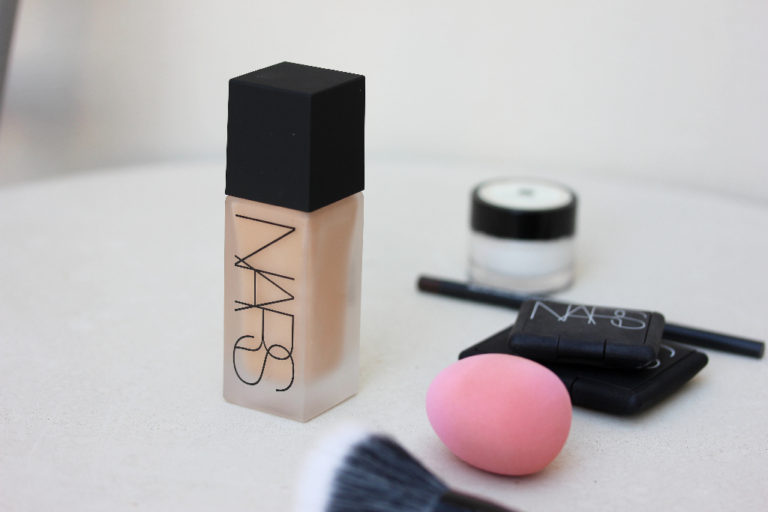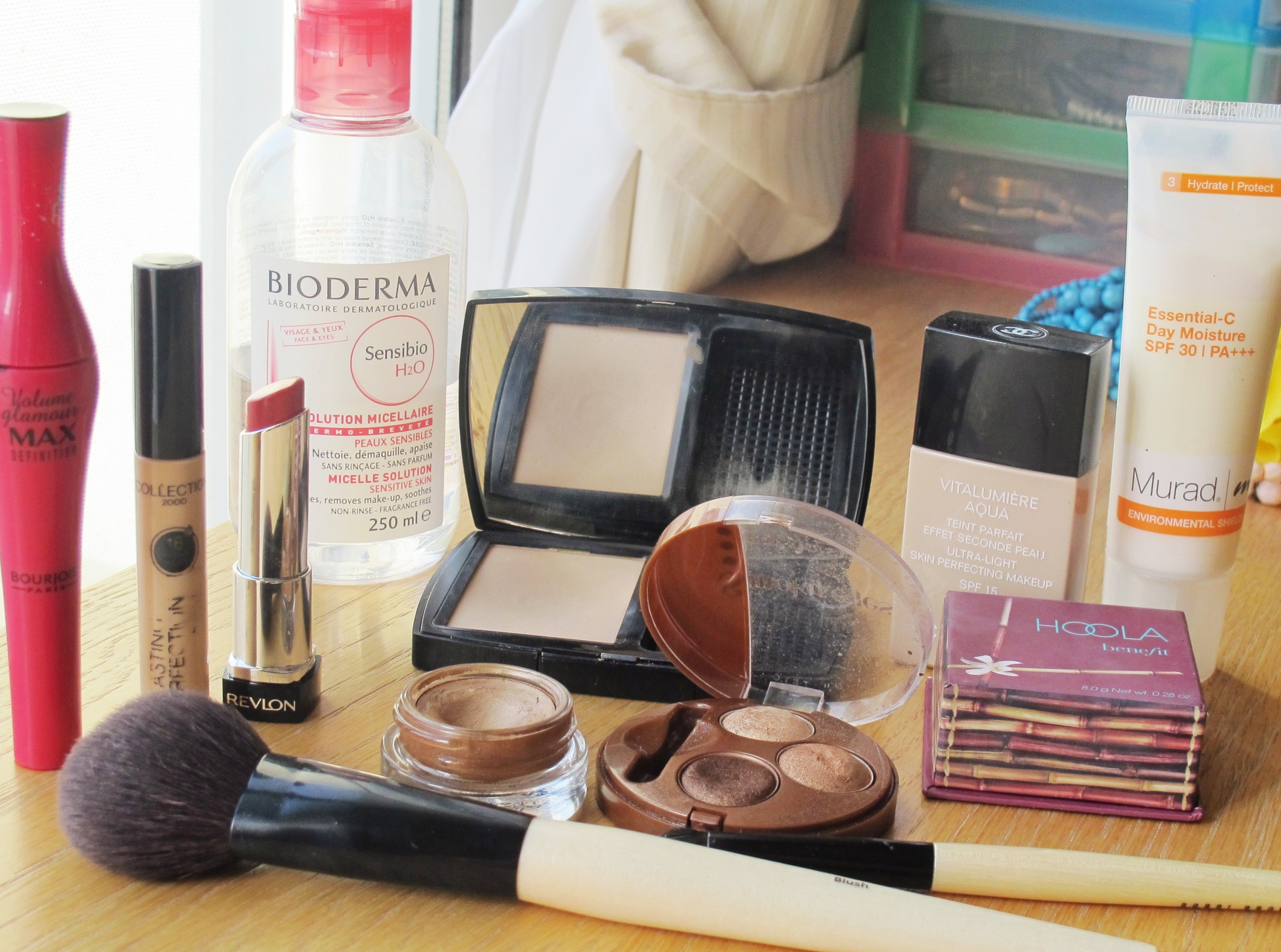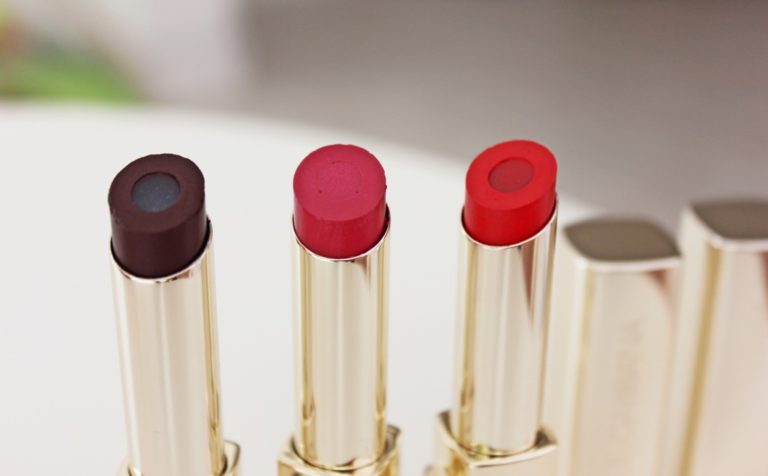Winter skincare tips, tricks, and product switch ups to hydrate and protect your skin during the winter months.
Take shorter, cooler showers
Long, hot showers can strip essential moisture from your skin and leave it feeling dry and tight. During the winter months, try to have shorter showers (around fives minutes or so). Use warm or lukewarm water (not hot). Your skin will be significantly happier, comfortable, and less dehydrated as a result.
Also, an easy hydration hack for winter skincare. When you do have a shower, a great way to instantly trap moisture in your skin afterwards is to apply a body oil or thick body cream to damp skin. Here are some great body oils and moisturisers I love using.
Use a gentle, hydrating cleanser
Our skin can become drier and more sensitive in the winter months, so it’s important to use gentle, hydrating cleansers. Oil-based, milk-based, or nourishing cream cleansers are your best friends for the next couple of months. Your skin should always feel comfortable and hydrated after cleansing. If it feels tight, or dry, it means that the product you’re using has disrupted your natural skin barrier, and stripped it of lipids (your skins natural fats that are important for normal skin function and help maintain moisture). I’ve listed some of my favourite hydrating cleansers below.
Exfoliate less
Exfoliating is so important for getting rid of dead skin cells, improving skin texture, and helping other products work more effectively, however, we need to adjust the frequency in colder weather as our skin is more prone to dryness, redness, and irritation. Try and exfoliate no more than once a week with AHA or BHAs in your winter skincare routine (read all about skincare acids here), and make sure to hydrate, hydrate, hydrate, after you exfoliate. (A side note: if you have very dry skin, exfoliate your skin lightly.)
Switch up your moisturiser
It’s time to put a lid on your lightweight cream and gel moisturisers, and introduce a thicker, creamier moisturiser for winter months. Look for gentle moisturisers with ceramides, hyaluronic acid, and glycerin, that will hydrate, prevent moisture loss, and work to repair your skin barrier. (A side note: if you have very oily skin however, it’s best to stick with a more lightweight moisturiser.) I’ve listed some of my favourite moisturisers for winter below.
Apply your products to damp skin
Apply hydrating serums, hydrating moisturisers and Vitamin C serums to damp skin. Damp skin is easier to penetrate than dry skin, and anything that’s hydrating, or water-loving will hold on to moisture for much longer if you provide it. So, spritz or mist your skin with a little water (I use Avene Eau Thermale but normal water is fine) before applying serums and moisturiser and it will change your skincare game.
(A side note: exfoliating acids, retinol, oil-based cleansers, and any acne medications should always be applied to dry skin.)
Introduce a face oil
A couple of drops of face oil in your nighttime moisturiser can work wonders, or double up and apply it after moisturiser.
Use calming products when you need them
When my skin is having a reaction, when I’ve over-exfoliated, or when it’s generally just irritated, red, itchy, sore or tight (which is a regular occurrence in the colder months), these are the miracle-working products I reach for to calm, soothe, repair and restore my skin barrier.
Wear SPF
While there’s definitely less UVB rays around, UVA levels are still high. These rays can cause fine lines, wrinkles, and general aging of the skin. UVA can also penetrate glass, which is why it’s so incredibly important to wear SPF every single day, even when indoors.
It’s also important to note that lower UVB levels means lower Vitamin D production, and so now might be a good time to introduce a Vitamin D supplement, if you’re not taking one already.
SPF is as always the most important part of any skincare routine, no matter the season. If you’re not protecting your skin by wearing SPF there’s no point in investing in a skincare routine. Please, please wear SPF 🙂 Here are some of my favourites.
Hope that was a little bit helpful and thanks for reading.
For deeper insights into skincare ingredients, products and trends, check out the skincare guides section of my website or follow me on Instagram.
Some of the links in this post are affiliate. This means that if you make a purchase I make a small commission.





